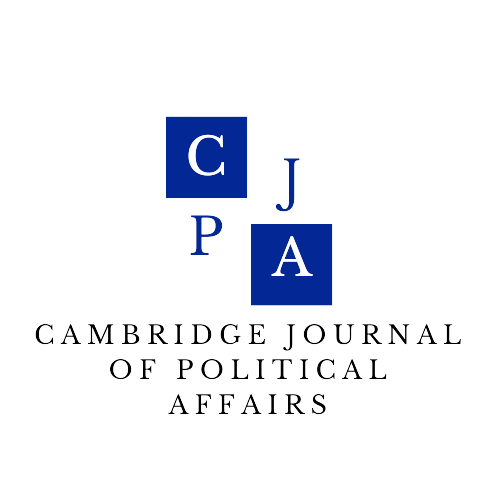Brexit, Betrayal, and Blood: The Effect of Political Identities and Brexit-Related Issues on Support for Violence in Northern Ireland
ABSTRACT:
Utilising social identity and categorisation theories, this study investigates the impact of identity strength, group threats and feelings of betrayal on individuals support for violence in Northern Ireland. Previous studies in the region have focused on the role of Catholic and Protestant identity strength in perpetuating intergroup conflict, and the impact of positive contacts to improve intergroup relations. This study examines the four main political identities in the region: Unionists, Nationalists, Loyalists and Republicans. Residents of Northern Ireland completed a survey asking about their identity, political views, attitudes towards Brexit and support for violence. The study uses correlation and regression analysis to investigate relationships between these variables. It shows that feelings of betrayal by Westminster and the Democratic Unionist Party positively correlates with support for violence. The study also demonstrates that higher levels of perceived group threat (the fear of Union breakup) and the strength of Loyalist identity predict stronger support for violence. Results further show that strength of Loyalist identity and fear of Union breakup both act as partial mediators on each other when investigating their predictive relationships with support for violence. To better illustrate these results, interviews were conducted with Northern Irish residents. The study demonstrates that political identity and group threats are predictive of support for violence, which might help explain current unrest in the region. This study utilised a small sample size and therefore should be considered an explorative pilot study.
